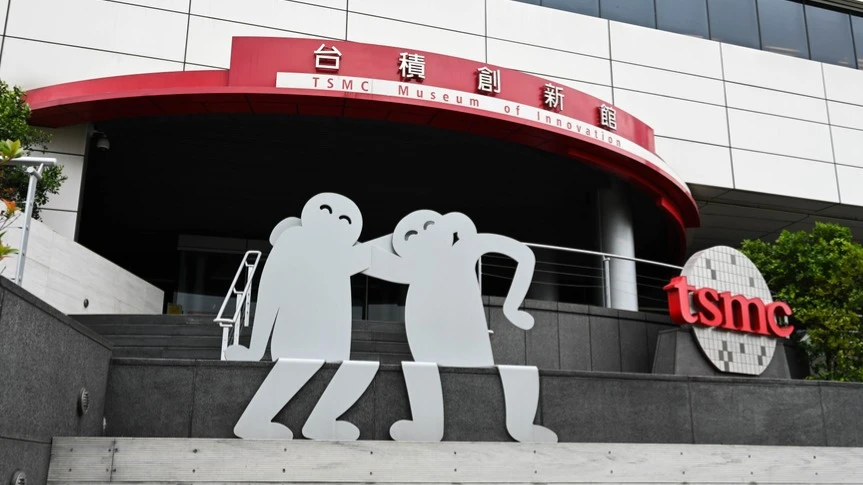Leading chipmaker TSMC reported earnings above forecasts. Is the stock worth buying?

Leading chip and processor maker Taiwan Semiconductor Manufacturing Co. (TSMC) achieved a sharp rise in sales in the third quarter. The largest contract chip maker continues to capitalize on multibillion-dollar investments by tech giants in the artificial intelligence technology race. Among Wall Street economists, there is still no one recommending selling shares of the Taiwanese company. However, analysts assess the prospects of the AI rally very differently.
Details
TSMC's revenue for its fiscal third quarter (July-September) rose 30% year-on-year to NT$989.9 billion ($32.5 billion), Reuters calculated based on the company's monthly reporting data. The quarterly result was well above LSEG's consensus forecast of NT$973.26 billion, based on estimates from 22 analysts, and in line with the average of TSMC's guidance range ($31.8-33 billion), the agency said.
TSMC, whose customers include Nvidia and Apple, has been one of the main beneficiaries of the boom in the AI market, more than offsetting a decline in demand for consumer electronics chips caused by the post-pandemic recession, Reuters notes. The company will release its full third-quarter financial report, including an updated outlook for the current quarter and full year, on Oct. 16.
What about the stock
TSMC shares listed on the Taiwan Stock Exchange rose nearly 2% on October 9. Since the beginning of 2025, they have risen by 34%. The entire Taiwanese stock market has gained 18.5% over the same period. Depository receipts in the U.S. were down 0.4% at the pre-market on October 9.
The consensus forecast of Wall Street analysts on TSMC shares looks almost unanimous: out of 47 experts tracking the company, 45 recommend buying its securities (Buy and Overweight), and only two take a neutral position (Hold). However, the current price of TSMC securities traded in the U.S. ($304.5) already noticeably exceeds the analysts' average target price of $288.
Context
Large infusions have become the norm for the AI industry, with tech giants spending tens of billions of dollars on infrastructure to train neural networks. This week, OpenAI announced a multi-year deal for AMD chips. Meta Platforms has struck several multibillion-dollar agreements in recent months, including a $29 billion data center financing package, and Oracle has raised $38 billion in loans for its infrastructure. And AI market leader Nvidia is helping customers finance chip purchases to further fuel demand.
Goldman Sachs and the Bank of England this week disagreed on whether to fear a bubble in the AI market. Goldman Sachs urges not to panic: the current excitement around AI stocks, unlike the dot-com bubble, is based on real profits and strong financial indicators of technology giants. However, the Bank of England sees risks: the valuations of companies in the AI sector are overvalued, and the White House's pressure on the US Federal Reserve may provoke a sharp revaluation of assets and crash the market.
This article was AI-translated and verified by a human editor
